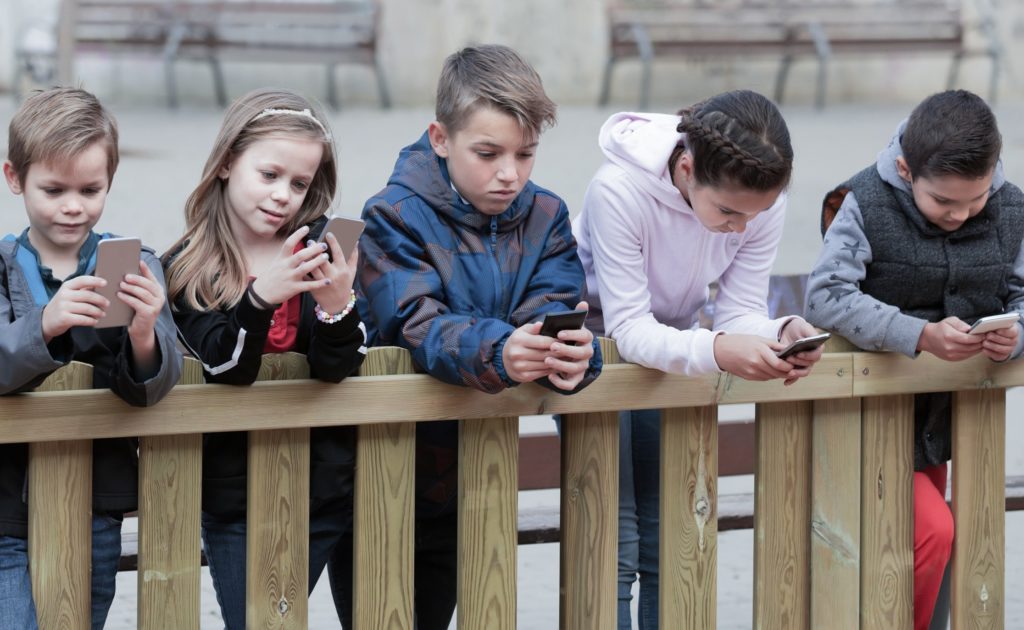“Big Brother is watching you,” the sign said. The British writer George Orwell (pseudonym of Eric Arthur Blair, 1903-1950) could not have imagined that his book “1984” and the allegory of Big Brother would become a phenomenon of mass culture in the largest country in South America.
Brother Brasil supplanted the simple concept of a house watched by cameras. Everything that happened in that place gained resonance on social media. Today, there is not just Big Brother on watch, but a legion of rangers.
On Twitter, they watch your opinion. On Instagram, your beauty. On LinkedIn, your career. On TikTok, your relaxation. On Facebook, a mixture of all these.
The digital world can be compared to a surveillance arena. People are worried about cancelation culture and not being approved of by this virtue patrol. If a citizen is vulnerable, imagine a company.
At the speed of information, people have realized that time is a precious commodity. Consumer screens show an endless supply of products and services, but lack of support for social or environmental issues are strong reasons for boycotting and any slip-up can cost a brand dearly.
From an advertisement that displeases opinion leaders or even specific situations, everything can be a reason for the company to have image problems or to be silently eliminated from consumer preference.
This movement is natural and increasingly demonstrates that the purchase decision is not only rational, but also emotional. By understanding this battlefield, it is possible to take a new look at the future and establish a truce between relationships.
Companies that manage to issue opinions in line with the pillars of their brands demonstrate the ability to sustain their values, mission and standards of conduct, building consistent narratives over time.

Another factor that can protect a company from the risks of social media is to assess the emotional memory of the public according to brand, product or service.
In this scenario, we can find many gems. These are very well-built brands and products that demonstrate harmony with the company’s values and customer expectations. One example is Fjällräven, a Swedish brand of outdoor clothing and equipment, which has just won the “The Sustainable Brand Index ™2021” award for the second year in a row, the largest brand study carried out in Europe on sustainability. Reaching this point of recognition by consumers clearly demonstrates the principle integrated in all company’s actions, which seeks to be part of a history close to nature and human respect.
The brand started its activities in 1960, but the idea came ten years earlier, when Åke Nordin, just 14 years old, was bothered by the discomfort caused by his backpack on his hikes in the mountains. So he went to the basement of his house and made his first backpack, relying on his mother’s sewing machine and his father’s tools. The backpack had enough space to put more equipment and it had a differential: a structure that better distributed the weight on his back.
Committed to providing people with the possibility of making the most of their outdoor life, the brand focused on the production of functional, durable and timeless equipment. In the late 1970s, however, the company had another opportunity to strengthen its position. A debate divided public opinion in Sweden, because statistics showed that almost 80% of the population would suffer from back pain at some point in their lives. Doctors and sports consultants expressed serious concerns about the backs of students who carried the weight of their books in fashionable one-shoulder bags.
Attentive to the discussion, Åke Nordin decided to design a new backpack. That is how, in 1978, in cooperation with the Swedish Association of Guides and Scouts, the company launched the Kånken model, an affordable, durable and functional product. In addition, it was considered good for posture. Since then, for 40 years the product has the same design and material and thus has become a successful flagship. The company – literally – straightened out a generation and conquered the world, further reinforcing the brand’s differentials; timeless and sustainable.

Another interesting case happened in 1986. It was the turn of the American teacher and writer Pleasant Rowland to set an epoch. She wanted to find dolls to inspired her nieces. She couldn´t find any. She decided to create them. Then, at the age of 45, she created the American Girl, a well-made doll with historical accuracy. By incorporating girls from different eras, the writer added personality and content. Thus was born Kirsten, a pioneer immigrant of strength and spirit growing up in Minnesota in 1854 or Samantha, a Victorian orphan from 1904, full of opinion and concerned with treating everyone with dignity and respect. Each doll had its own identity and came with a book, cassette tape and a meticulously detailed collection of optional accessories. All were sold by catalogue.
Committed to racial equality, the brand was also inclusive. In addition to the historical line, in 2001 it launched the year´s collection dolls. Since then, they represent current affairs. However, the differential that sealed the connection of the public with the brand, were the model variations and the customization possibilities. The customer is invited to assemble her doll and can make drastic changes to the originals. It is possible to choose the personality, the shape of the face, the color of the skin, freckles, the mouth, the eyes can have her shape, size and color modified, and the same happens with the hair. In addition, accessories such as hearing aids, glasses, wheelchairs, crutches, among many other customization alternatives are available to inspire imagination. And this is a great strength of American Girl. It helps in the self-esteem of children, who see themselves in the doll.
That little partner is not a myth of perfection, but the way she has to be.
Sold to Mattel in 1998, the brand that has stores prepared for experiences, suffered from the pandemic which took people out of stores and reduced tourism, but bet heavily on social media presence and digital sales. It achieved 12% growth in the last quarter of 2020.
“It is worth mentioning that Fjällräven and American Girl knew how to navigate through storms. They are examples of how to position yourself on hostile terrain and stand firm, despite all the challenges facing public opinion.”
Both companies have the great merit of telling their stories together with customers, evolving every year. And that sense of belonging is passed on from generation to generation.
These “cases” show that building positive connections with customers increases business longevity.
An important part of the strategy is to value moments of interaction, strengthening ties of contribution, always monitored consistently and frequently.
The Big Brother metaphor can frighten many people. However, as it happens in a “reality show” or in fiction, it is the human and sincere feelings that underpin relationships and give charm to the plot. This goes for people and companies. Values gain strength when they are truly lived, they keep people united to their ideals and protect them in the most turbulent times. Even when the threat is just a simple post.
Andreia Mariano

